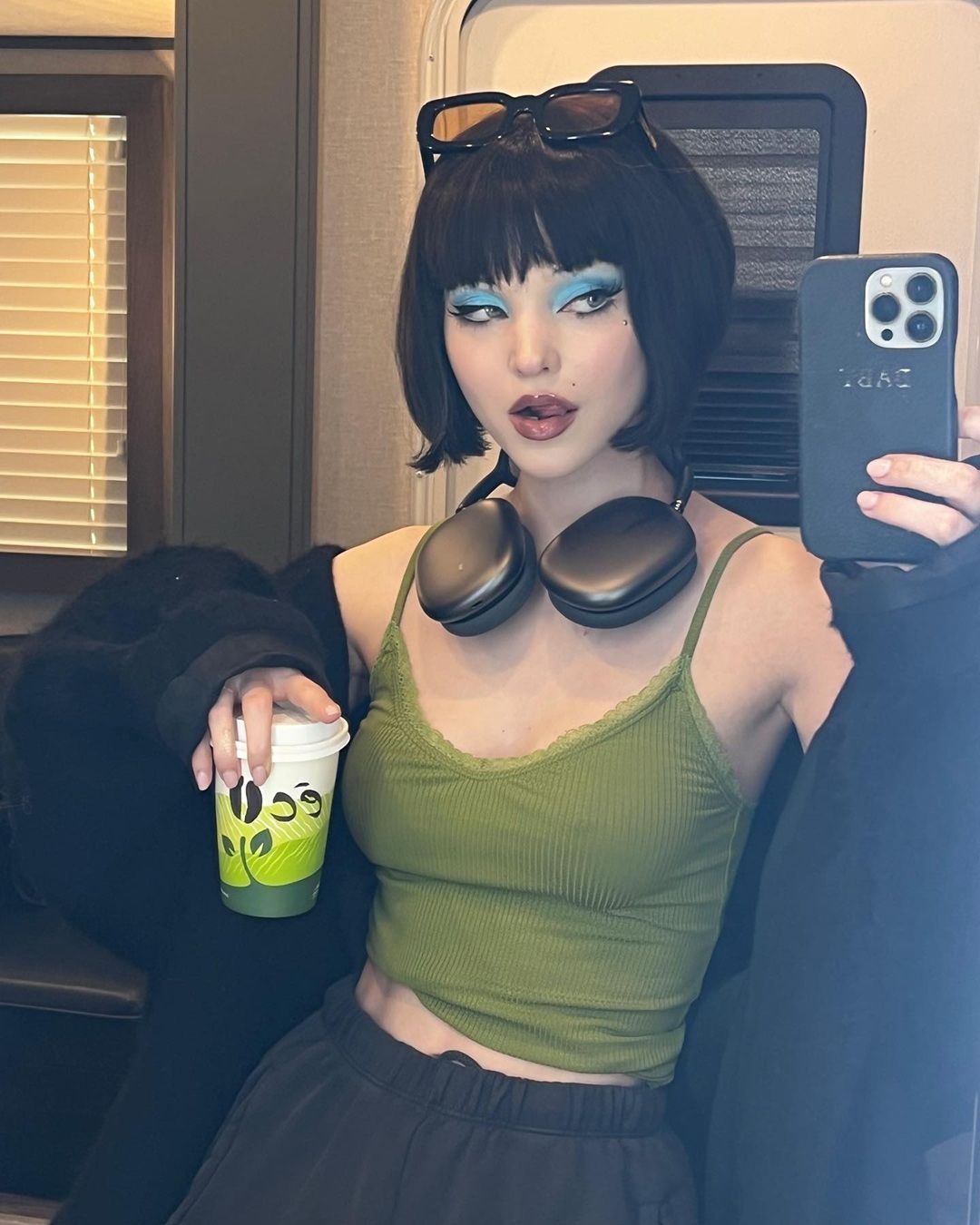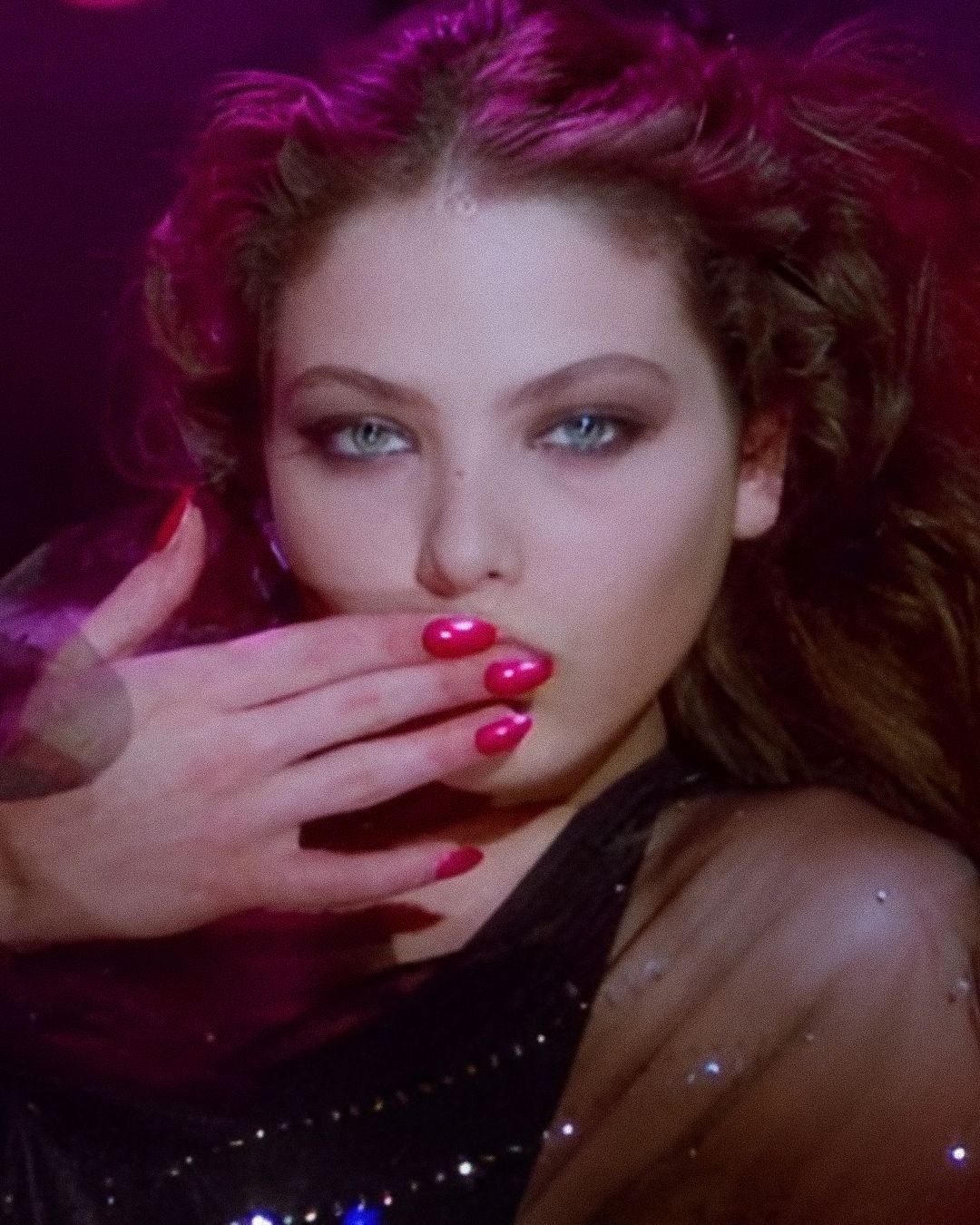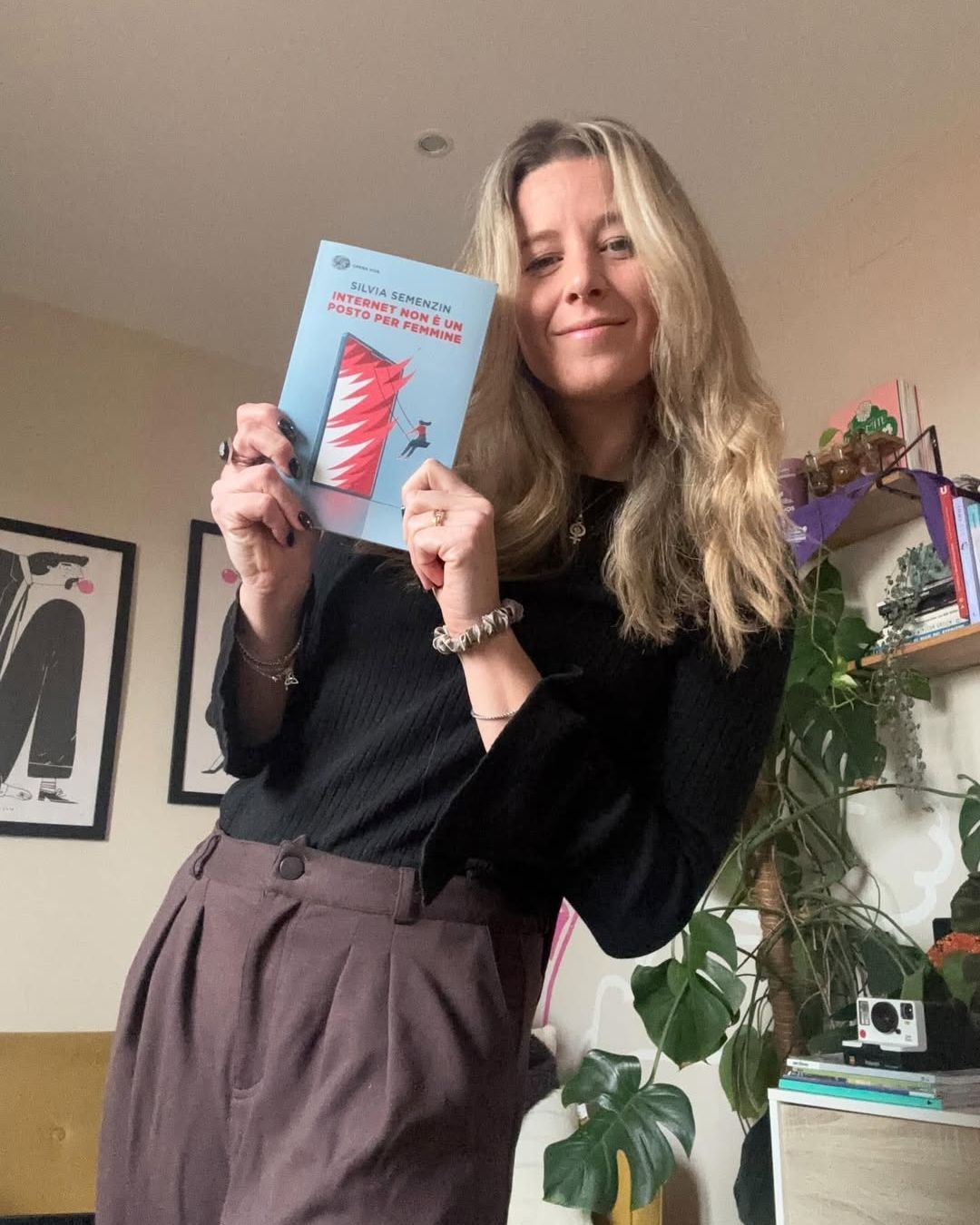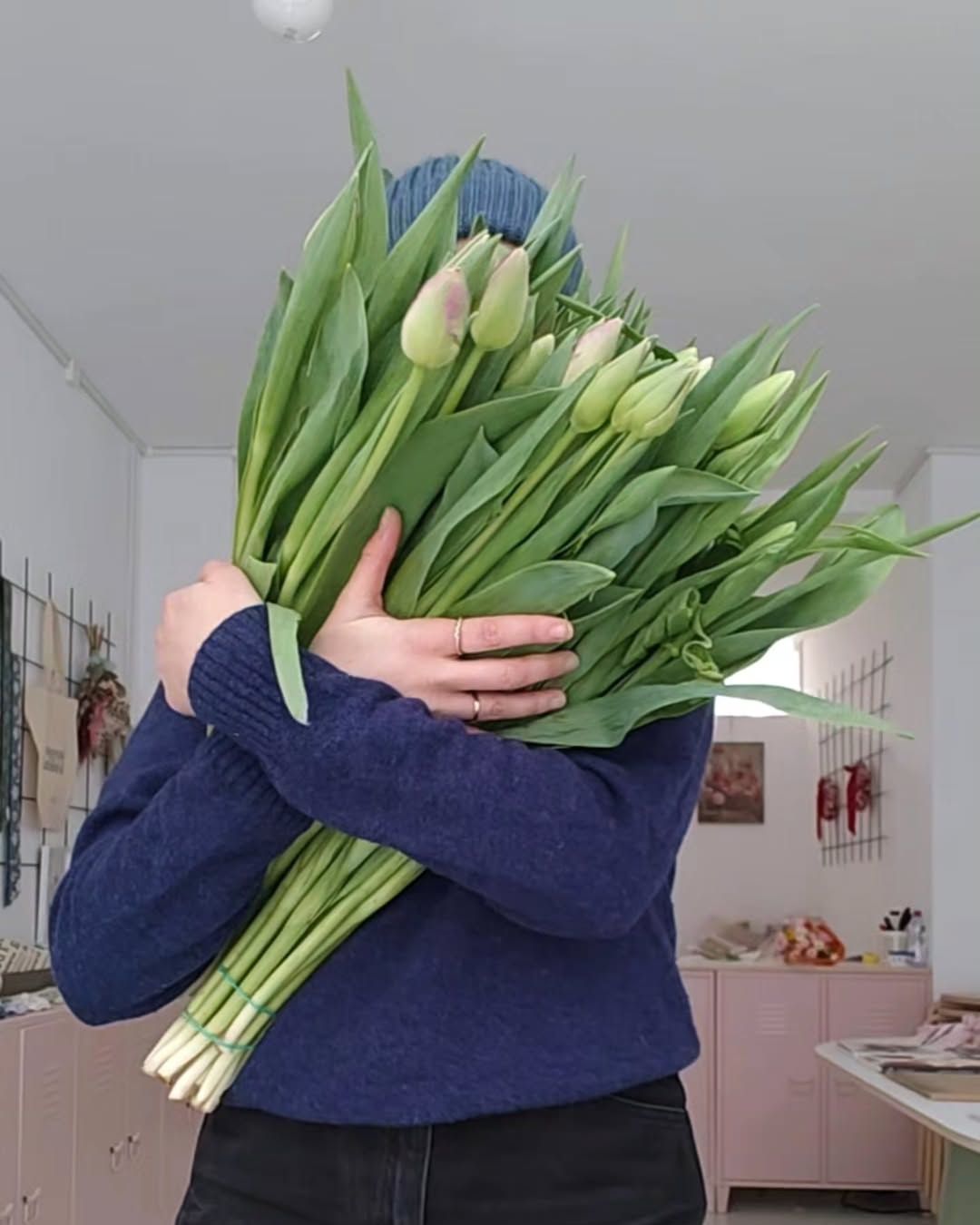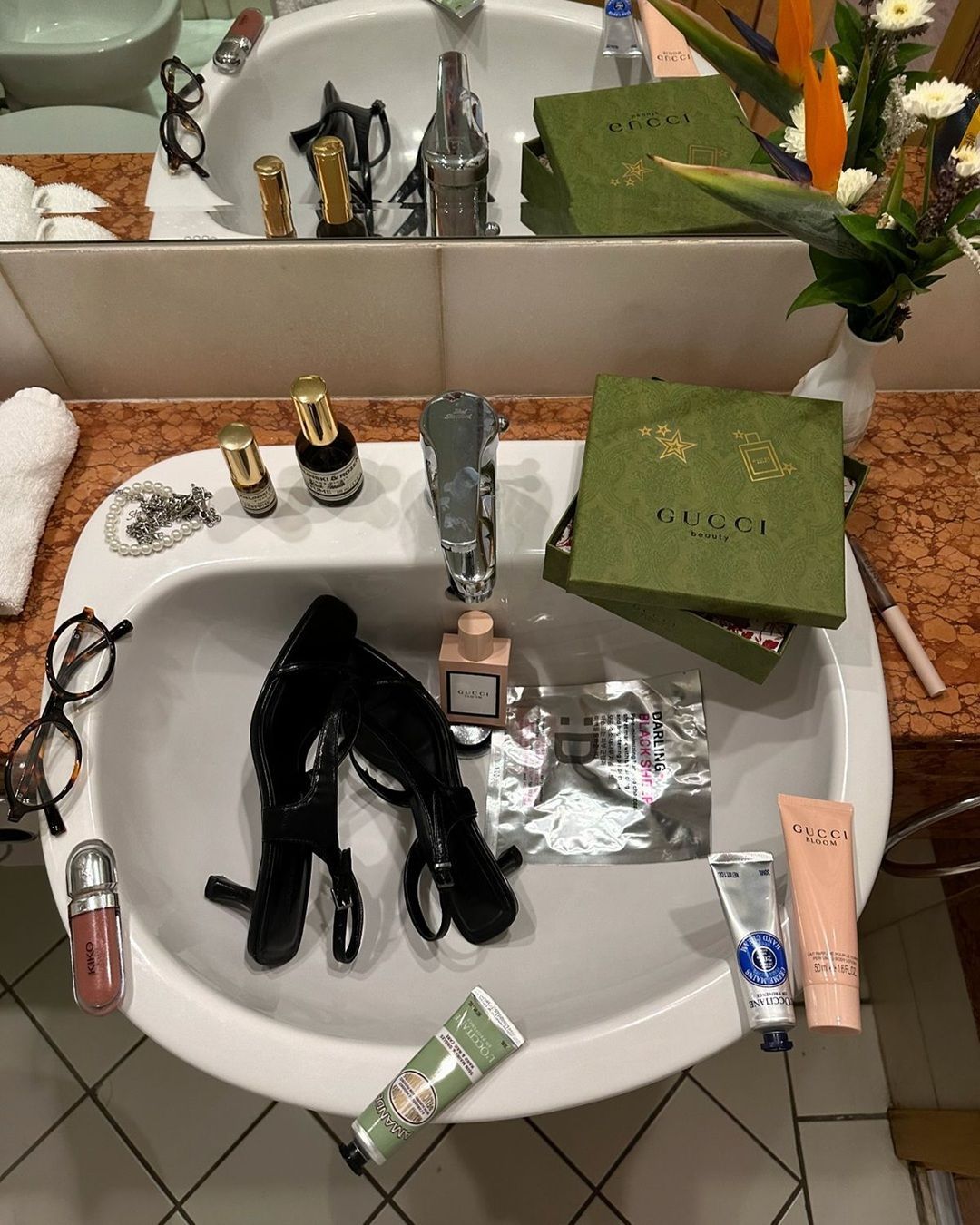
5 things to know about Lensa Artificial Intelligence From how it works to criticism about privacy and hypersexualisation
If you spent a few moments this long weekend scrolling through Instagram, Twitter or TikTok, you probably noticed that many of your friends and the celebrities you follow have changed their profile picture to an artistic fantasy portrait selfie, in which your cousin or workaholic co-worker looks like ethereal fairies, elves, warriors, astronauts, superheroes and manga-style characters. No, they haven't all suddenly become aces at drawing or digital creation, but, like Taraji P Henson, Tommy Dorfman, Michaela Jaé Rodriguez and Jennifer Love Hewitt, they have simply used Lensa AI, an iOS and Android app that, using artificial intelligence, processes selfies and photos to create avatars that look like they have been portrayed by a professional illustrator. The result is so captivating that according to preliminary estimates provided by analytics firm Sensor Tower, over four million people worldwide downloaded the app in the first five days of December and in the same period, users spent over eight million dollars on Lensa AI.
What it is and how it works
The viral image-editing app, was launched by the company Prisma Labs in 2018, but has gone viral in the recent period thanks to recent advances in artificial intelligence and significant improvements such as the 'Magic avatar' feature and various tools including Face Retouch and Magic Correction that 'refine facial imperfections' and help create reworked images that are increasingly similar to, and at the same time perfect compared to, the original. Operation is quite basic (which has contributed to the app's success). Once the app is downloaded, the first step is to choose from available packages ranging from $3.99 for 50 images to $7.99 for 200 images. Then, you are asked to upload 10-20 close-up selfies with a variety of different backgrounds and facial expressions. The third step is to select the gender, a choice that will determine the theme of the generated images, including anime, fantasy, fairy princesses, astronauts, rock stars or superheroes. Then you have to wait a few minutes and, finally, you will get a series of digital artwork to share with friends and followers.
Privacy
@lensa Replying to @haiajshsjsjs All avatars were generated in our app #Lensa #LensaApp #MyLensaAvatar original sound - Lensa Photo Editing
In the past, Prisma Labs has come under criticism for storing the sensitive information of its users and this is one of the biggest fears of Lensa AI users as well. Andrey Usoltsev, the company's CEO and co-founder, said that the company is working on updating its privacy policy and that at the moment "Lensa uses a copy of the Stable diffusion model, which teaches face recognition on uploaded images for each particular case. This means that there is a separate model for each individual user". Usoltsev also points out that users' photos are deleted from the servers (which are located in the United States) as soon as avatars are generated, but before downloading the app, it is best to read the privacy policy and terms of use section carefully. Here we read that the app "does not use user-supplied photos... for any purpose other than to apply various filters or stylised effects", that "user images are used solely for the purpose of creating their own avatars", and that data is automatically deleted within 24 hours of the images being processed. It is unclear whether other personal content such as location can be shared with third parties. One can email privacy@prisma-ai.com to request "access, modification, correction, update, deletion or erasure" of any personal data provided to Prisma via Lensa, although the company does not guarantee that the request will be granted.
Why Lensa AI is problematic for artists
"With great power comes great responsibility" we might say quoting Spiderman because the great popularity of the editing app coincides with a number of controversies. The first concerns copyright. Several artists have expressed their frustrations and warned users about the insidious nature of Lensa AI and Stable Diffusion, the open-source artificial intelligence model it relies on for generative images using a huge LAION ( Large-Scale Artificial Intelligence Open Network ) and LAION-5B dataset, which have been criticized in the past for stealing copyrighted images from millions of artists who publish their work on host sites such as DeviantArt, Pinterest and ArtStation. Moreover, the ease of access to these AI-created artworks could have a long-term impact on the work of creatives, supplanted by a cheaper, clickable alternative.
Male gaze and hypersexualisation
@lensa We just couldn’t not do it!
The other major criticism leveled at Lensa is that it produces, especially in the case of a female user, hypersexualized images. The inclusion of images of children or nudity to generate images goes against Lensa's terms of use. Having said that, different tests have shown that among the generated content at least one has sensual poses, expressions reminiscent of ahegao, i.e. the orgasm face of erotic manga and Japanese anime, abysmal cleavage, gigantic breasts and even full nudity (which opens up the danger of the creation and dissemination of non-consensual images). The Artificial Intelligence harnessed by the app relies on huge amounts of data, using what it learns to make decisions and predictions based on data generated (by humans) that are often biased, sexist or racist and, therefore, the results it gives may have the same bias. Thus Lensa tends to make sexist generalizations by proposing princesses to women and astronauts to men; but above all, it tends to propose an extremely sexualized, stereotyped female image that is a child of the male gaze, as well as a Eurocentric aesthetic. Several Asian women pointed out how AI westernizes their faces or modifies their features to resemble an erotic manga, relegating them to a mere stereotype. While other black users noted that their skin is almost always whitened.
Lensa and the body positivity
Is Lensa a step backwards for body positivity? As the popularity of the app grows, many are wondering, but the answer is complex. As with most things, the discriminating factors are intention and use, both in terms of expectations and time. The app remains relatively harmless if one approaches it as one-off fun to play with one's image and see oneself as different as one would with bolder make-up or a new outfit. The pitfall is the same as that behind the glossy, reworked shots with ad hoc filters that invade Instagram. Lensa tends to propose sculpted bodies, hourglass silhouettes, thin and shapely only in certain places, with huge, toned breasts, perfect, westernized features and no imperfections. In short, it portrays an entirely unrealistic self, and that is fine as long as we are aware of it and do not distress ourselves to make that artwork real enough, as seems to have happened recently, to turn to a cosmetic surgeon to get that skinny princess or ethereal fairy look. The danger, especially for those who already have problems with self-esteem or body dysmorphia, is to normalize and internalize that portrait reworked by artificial intelligence.












